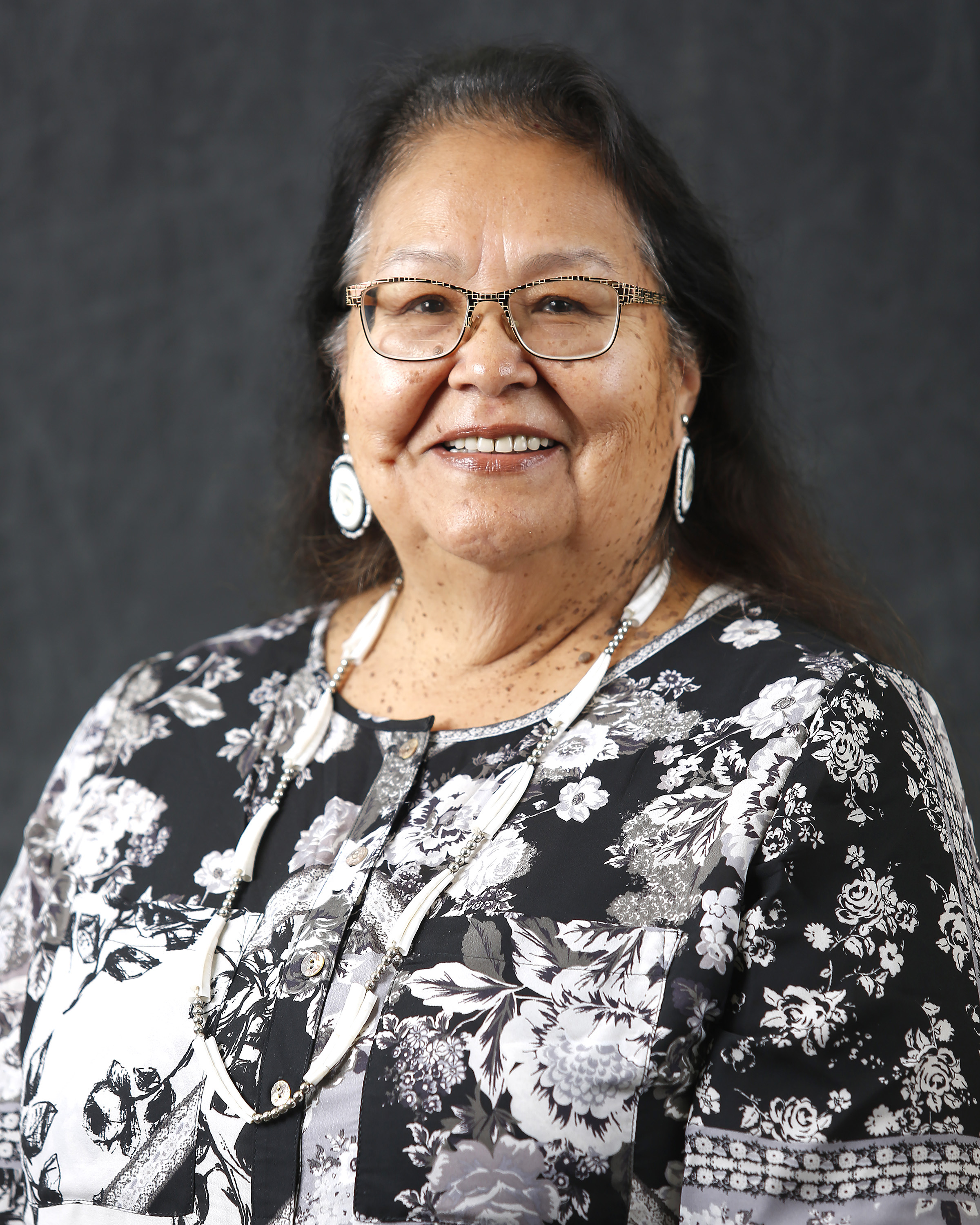Tribal Government & News
Kennedy testifies before U.S. Senate regarding 1980s consent decree

By Dean Rhodes
Smoke Signals editor
Tribal Council Chairwoman Cheryle A. Kennedy testified virtually before the U.S. Senate’s Indian Affairs Committee on Wednesday, Feb. 16, in the Grand Ronde Tribe’s continuing efforts to update the mid-1980s consent decree that limits Tribal hunting and fishing rights.
Ostensibly, Kennedy testified in support of Senate Bill 3126 introduced by Oregon Sen. Jeff Merkley on Nov. 1, 2021, as well as expressed support for a companion bill that would do the same for the Confederated Tribes of Siletz Indians.
“These agreements have provisions in them that prohibit any amendments or modifications,” Kennedy said. “These two bills simply authorize a process to permit Grand Ronde and Siletz to amend these older agreements and negotiate updated hunting and fishing arrangements that meet the needs of both the state of Oregon and the Tribes.”
Kennedy’s Senate testimony follows on the heels of publishing an op-ed in The Oregonian newspaper in November in which she called the consent decree “unjust.”
Merkley’s bill would allow the Grand Ronde Tribe and the state of Oregon to replace, amend or otherwise modify the agreement the Tribe and state reached in January 1987 that limits hunting, fishing, trapping and animal gathering rights by Tribal members. It also would allow the Tribe and state to amend the agreement in the future by mutual consent.
In the mid-1980s, the Grand Ronde Tribe had been restored to federal recognition, but was still seeking return of Reservation land. Several factions in Oregon, including the Yamhill County Sportsman’s Association, were concerned about Tribal member hunting and fishing rights and the Tribe agreed to a consent decree to elicit state support for the return of land, which occurred in September 1988 with the signing of the Grand Ronde Reservation Act.
“Grand Ronde leaders were left with no choice but to sign such an agreement,” Kennedy testified. “I was on the Tribal Council during this time and I agreed with other Tribal members who believed that this bargain with the state was one made with ‘a gun to our head.’ ”
According to a June 1986 report from then-Tribal Council Chairman Mark Mercier, misinformation about the Tribe’s Reservation Plan was “reaching hysterical proportions.” He also reported that Tribal Council thought that obtaining a land resource base was key and that “hunting and fishing was an issue that could have been taken up at a later date.”
Under the decree, Tribal members’ ability to hunt and fish is confined to Reservation land and nearby areas. Tribal members cannot hunt or fish in culturally significant areas or during appropriate times of the year for ceremonial purposes.
In addition, the Grand Ronde and Siletz Tribes are the only ones in the United States that cannot negotiate hunting and fishing issues with the state in which their respective Reservations are located, Kennedy said.
“The 1970s and 1980s were a time when Oregon Tribes and the state were frequently at odds on hunting and fishing issues,” Kennedy testified. “Oregon Tribes had achieved victories in several Tribal hunting and fishing lawsuits and the state was frustrated with its losses in federal courts. Over several decades now, the Tribal-State relationship has improved dramatically. In particular, Grand Ronde has been recognized by the Oregon Department of Fish and Wildlife as an exceptional land manager and has worked diligently and successfully to restore critical wildlife habitat in western Oregon. And these accomplishments have been achieved while working under the unwieldy regulatory framework established in the Tribe’s 1986 agreement with the state.
“Since circumstances have changed significantly over the past 35 to 40 years, the Tribes would like to have the ability to amend and modernize their hunting and fishing agreements with the state of Oregon. This can only occur if the Grand Ronde and Siletz reservation acts are amended.”
Kathryn Isom-Clause, deputy assistant secretary of Indian Affairs with the Department of the Interior, said the department supports both the Grand Ronde and Siletz bills.
The hearing was chaired by Democratic Sen. Brian Schatz of Hawaii and vice chaired by Republican Sen. Lisa Murkowski of Alaska.
An identical bill was introduced in the U.S. House of Representatives by Oregon Rep. Kurt Schrader and co-sponsored by Rep. Suzanne Bonamici on Dec. 23, 2021. HR 6346 has been referred to the House Subcommittee for Indigenous Peoples for consideration.
